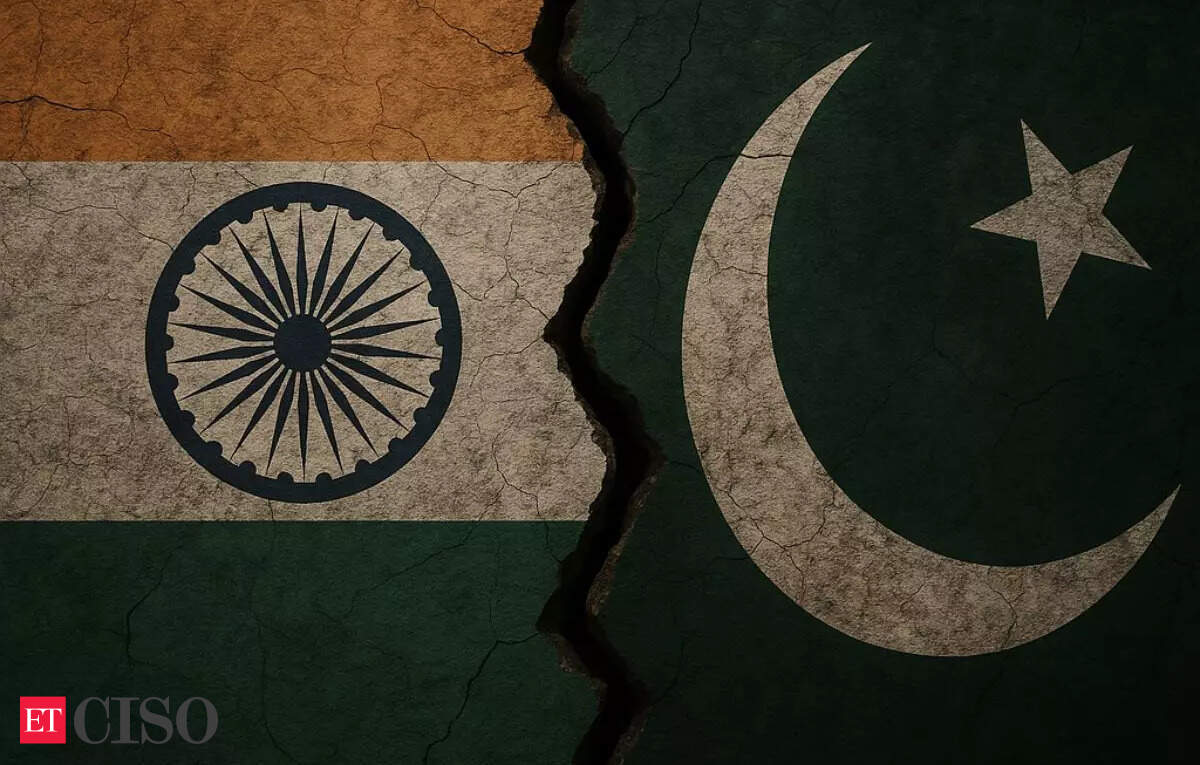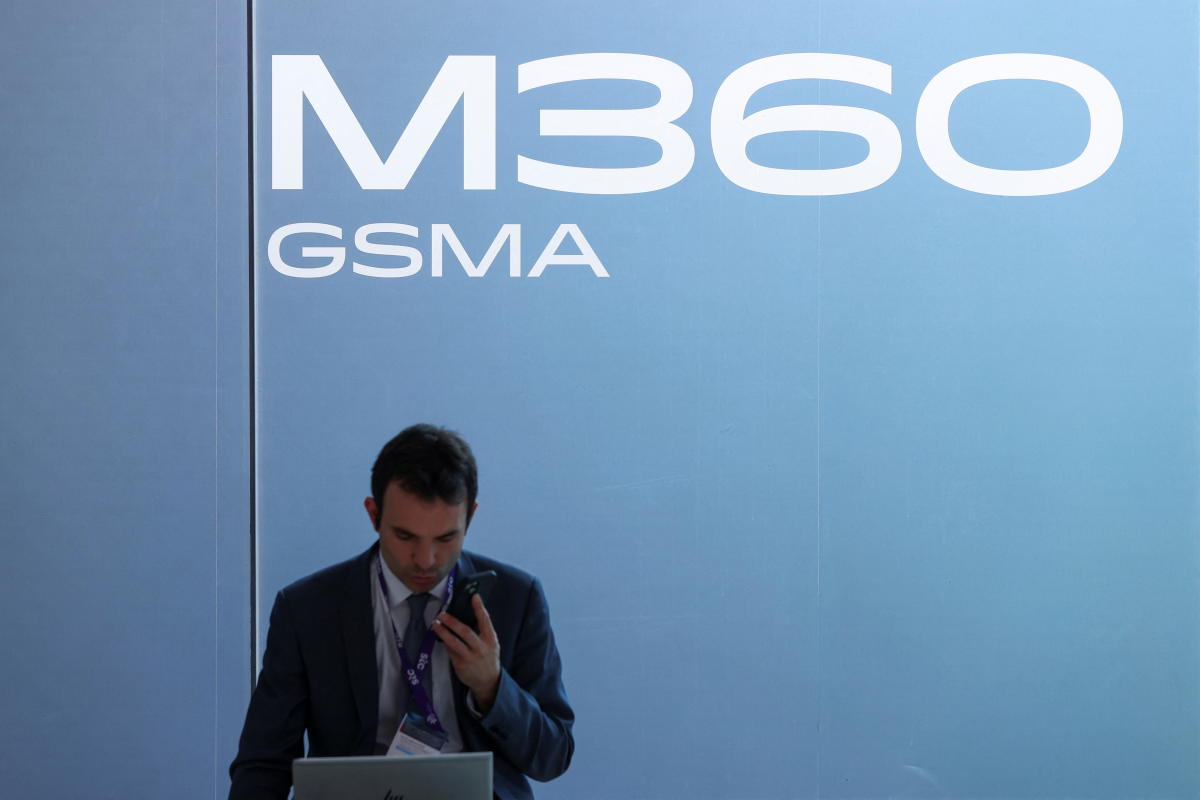Cyber Warfare Escalates between India and Pakistan
Increasing tensions between India and Pakistan following the Pahalgam terror attack have now extended into the digital realm, with groups engaging in hacking and cyberattacks. Experts anticipate a further spike in these activities, as cyberattacks have become an integral part of geopolitical strategies.
A pro-India hacktivist group, India Cyber Force, recently claimed to have hacked into Pakistani government and private sector databases, including those of Euro Oil, AJK Supreme Court, University of Balochistan, Wada Call Agency, and Sindh Police. Earlier, a Pakistan-based group, Team Insane PK, had hacked the Indian Army College of Nursing website, leaving a provocative message emphasizing religious differences and the two-nation theory.
[Image: Cybersecurity threats on the rise]Meanwhile, cybersecurity experts in India have identified a malicious PDF file, "Report & Update Regarding Pahalgam Terror Attack.pdf," circulating online, which is linked to phishing domains, including indiadefencedepartment[.]link, mimicking official Indian government websites. Indian officials reported thwarting multiple attacks from Pakistan over the past few days.
Cybersecurity Experts Weigh In
"There has been a sharp escalation in Pakistan-backed cyber campaigns targeting Indian defence, government, and critical infrastructure sectors," said Vishal Salvi, CEO of Quick Heal Technologies. The company’s team has identified hacker group APT36 (Transparent Tribe) deploying CrimsonRAT malware through sophisticated phishing attacks, along with an RMM tool known as MeshAgent.
Salvi noted that these attacks coincide with hacktivist-driven DDoS surges and website defacements aimed at destabilizing public trust. "We have also observed SideCopy, a sub-group of APT36, broadening its focus to sectors like railways and oil, using novel payloads like CurlBack RAT… They are continuously evolving their tactics to evade detection."
Growing Concerns
Cyber experts have reported a 10%-15% growth in malicious ad placements with Pakistani flags on OTT websites. "Cyberattacks are no longer fringe acts of disruption… They have become deliberate extensions of geopolitical strategy," said Sundareshwar Krishnamurthy, partner and leader – cybersecurity at PwC India. "Every major flashpoint now triggers coordinated digital offensives aimed at undermining a country’s critical infrastructure," he added.
Published On: May 1, 2025, at 09:15 AM IST
Stay Informed
Join the community of 2M+ industry professionals by subscribing to our newsletter for the latest insights and analysis.
Download the ETCISO App to get real-time updates and save your favorite articles.
Source Link





